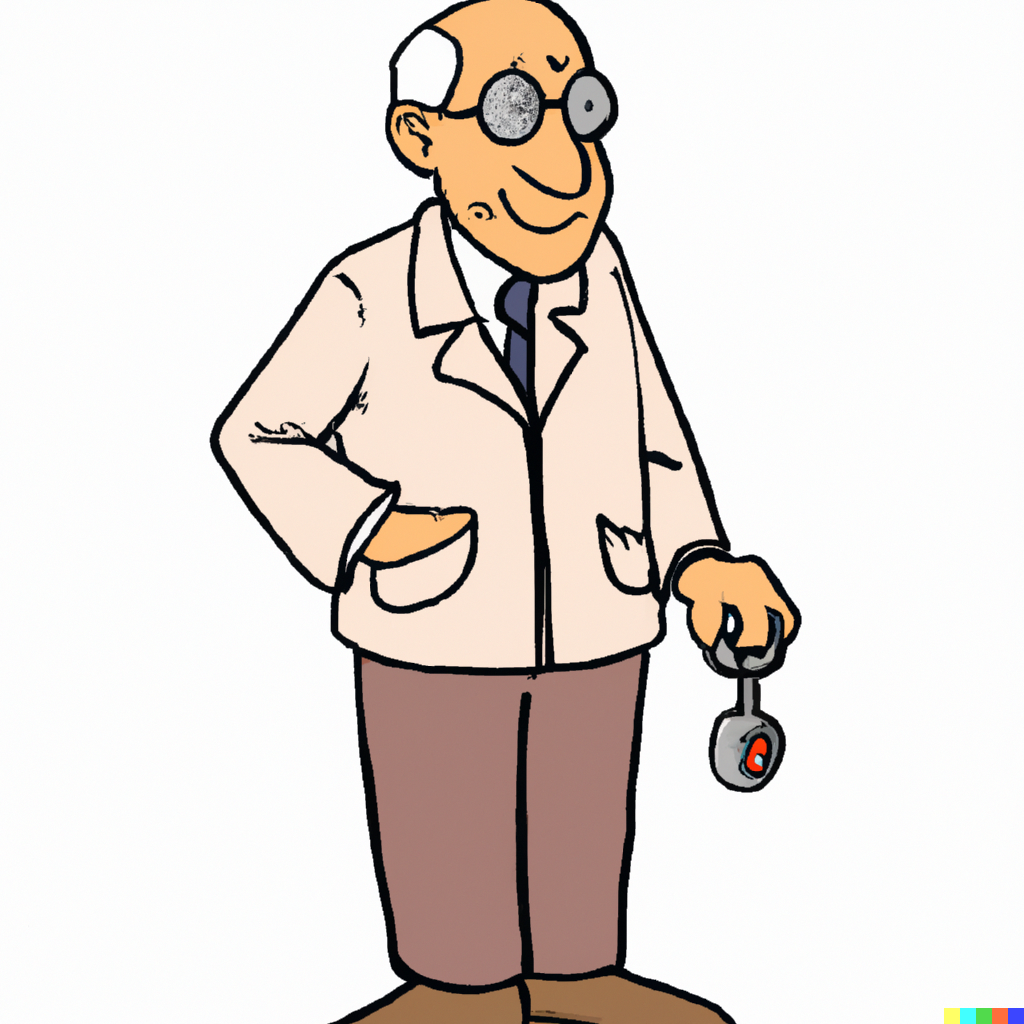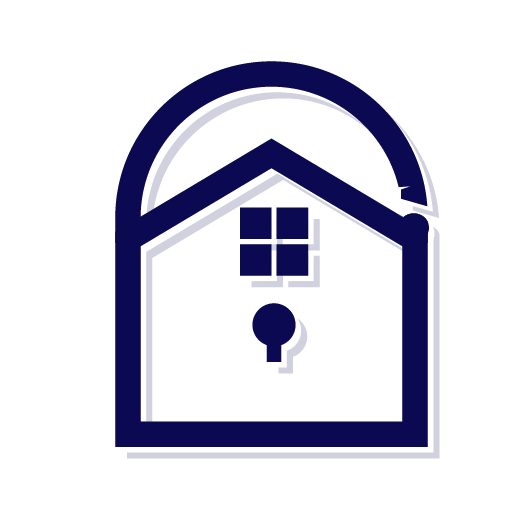Home security is an important concern for all individuals, but it is especially crucial for senior citizens who may be more vulnerable to burglaries and other threats. Here are some tips to help seniors protect their homes:
- Check in on them regularly: Make sure to check in on your elderly loved one regularly to ensure their well-being and safety. This can be done in person, over the phone, or through video chat.
- Ensure they have access to emergency services: Make sure your loved one has easy access to emergency services, such as a phone with large buttons, a medical alert system, or a list of emergency contacts.
- Make the home safe: Consider making home modifications to improve safety, such as installing grab bars in the bathroom, adding railings to stairs, and removing tripping hazards.
- Help with daily tasks: Offer to help your loved one with tasks such as grocery shopping, cooking, and managing medications.
- Encourage socialization: Help your loved one stay connected with friends and family and participate in activities they enjoy. This can help prevent feelings of isolation and depression.
- Plan for future care: Consider creating a plan for your loved one’s future care, such as hiring in-home care or arranging for a move to assisted living.
- Consider financial protection: Help your loved one safeguard their financial assets and ensure they have access to any necessary benefits or government programs.
- Stay informed: Keep up to date on any changes or developments that may affect your loved one’s safety or well-being.

Preparations: Tips to Help Prepare Your Home for an Elderly Loved One
Here are some tips to help prepare your home for an elderly loved one:
- Make the home accessible: Remove tripping hazards, install grab bars in the bathroom, and add handrails on both sides of stairways.
- Make the home safe: Install smoke detectors and carbon monoxide detectors, and consider adding a security system.
- Make the home comfortable: Consider adding additional seating and a bed with a higher mattress to make it easier for your loved one to get in and out.
- Make the home functional: Consider adding a first-floor bedroom and bathroom to avoid the need to climb stairs.
- Make the home flexible: Consider adding a stair lift or an elevator to allow your loved one to move easily between floors.
- Make the home personalized: Add your loved one’s favorite items, such as pictures and mementos, to make them feel more at home.
- Make the home low maintenance: Consider replacing carpets with hardwood or tile flooring, and add easy-to-clean surfaces.
- Make the home energy efficient: Consider adding energy-efficient appliances and upgrading to energy-efficient windows to save on energy costs.
- Make the home connected: Consider adding technology to help your loved one stay connected with family and friends, such as a computer or tablet.
- Make the home comfortable: Consider adding a heating and cooling system that can be controlled from a distance to ensure your loved one stays comfortable.
Important Considerations When Shopping For A Home Alarm System
There are a few important considerations to keep in mind when shopping for a home alarm system:
- Wireless vs. hardwired: Wireless alarm systems are more flexible and easier to install, as they don’t require any physical wiring. However, they may not be as reliable as hardwired systems, as they rely on batteries and can be prone to interference. Hardwired systems, on the other hand, are more reliable but can be more difficult and expensive to install.
- Features: When choosing a home alarm system, you’ll want to consider the features that are important to you. Some features to consider include:
- Motion detectors: These sensors detect movement within a certain range and can trigger the alarm if movement is detected.
- Door and window sensors: These sensors can detect when a door or window is opened and trigger the alarm if needed.
- Glass break detectors: These sensors can detect the sound of breaking glass and trigger the alarm if needed.
- Control panel: This is the central hub of the alarm system, allowing you to control and monitor the system remotely.
- Remote access: Many alarm systems allow you to control and monitor the system remotely using a smartphone app or web portal.
- Price: Home alarm systems can range in price from a few hundred dollars to several thousand dollars, depending on the features and level of protection you choose. Be sure to shop around and get quotes from multiple companies to find the best deal.
- Reputation and reliability: It’s important to choose a reputable and reliable home alarm company. Look for companies with a good track record and positive customer reviews. You’ll want to choose a company that you can trust to provide reliable protection for your home.
What are the Best Home Security Systems for Seniors?
There are a number of factors to consider when choosing a home security system for seniors. Some of the things you may want to consider include:
- Ease of use: Look for a system that is easy for seniors to use, with large buttons and clear instructions.
- Monitoring: Consider a system that offers 24/7 monitoring, so that help can be summoned in the event of an emergency.
- Medical alerts: Some home security systems offer medical alert features, which can be especially helpful for seniors who live alone.
- Mobile access: A system that allows you to control and monitor it remotely via a smartphone app can be convenient for seniors who may not always be home.
- Simplicity: A system with fewer components and a straightforward setup process may be easier for seniors to understand and use.
- Some popular home security systems for seniors include ADT, SimpliSafe, and Frontpoint. It’s a good idea to shop around and compare features and pricing to find the best option for your needs.
The Advantages of an Online or Phone Monitoring System for a Senior Citizen homeowner
There are several advantages to using an online or phone monitoring system for a senior citizen homeowner:
- Safety: A monitored alarm system can provide a sense of security and peace of mind for senior citizens, particularly if they live alone. The system can alert authorities in the event of an emergency, such as a fall or break-in.
- Convenience: With an online or phone monitoring system, seniors can easily arm and disarm their alarms remotely, which can be especially helpful if they have mobility issues.
- Accessibility: Many online and phone monitoring systems offer user-friendly interfaces and can be accessed via smartphone, tablet, or computer, making it easy for seniors to use the system.
- Affordability: Monitored alarm systems can be more affordable than hiring a full-time caregiver or moving to an assisted living facility.
- Versatility: Many online and phone monitoring systems offer a range of features, such as temperature and carbon monoxide monitoring, medical alert buttons, and the ability to control home automation devices, allowing seniors to customize the system to meet their specific needs.
In summary, home security is important for seniors to protect against burglaries and other threats. To improve home security for seniors, you can check in on them regularly, ensure they have access to emergency services, make home modifications to improve safety, help with daily tasks, encourage socialization, and plan for future care.
When preparing a home for an elderly loved one, you can make the home accessible, safe, comfortable, functional, flexible, personalized, low maintenance, energy-efficient, connected, and comfortable. When shopping for a home alarm system, it is important to consider whether you want a wireless or hardwired system, the features you need, the monitoring options available, and the overall cost of the system.


